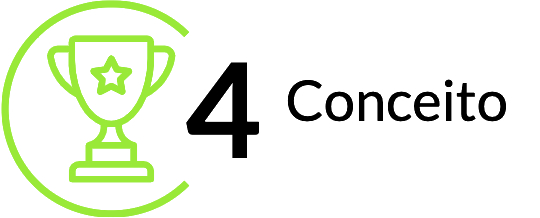The Program
The PPGE, initially with a Master's degree course, aims to train educators to carry out research and pedagogical work in educational institutions and other educational spaces. It prioritizes critical reflection and production through three lines of research: “Education and Knowledge Production in Pedagogical Processes”, “Education, Language and Memory” and “Training and Management in Educational Processes”.
The Doctorate in Education course aims to broaden research in the field of Education, particularly with regard to language, the production of knowledge in education, management, and the organization and purpose of pedagogical work, taking them from the perspective of the epistemological, historical and political foundations (their different forms of foundation and justification) of educational processes. As a result, it has three defined lines of research: Education, Language and Memory; Education and the Production of Knowledge in Pedagogical Processes; and Training and Management in Educational Processes.
The Doctorate in Education, by bringing together basic aspects of the academic and research experience of the Master's Degree, falls within the scope of Research in Education, focusing in particular on research into the foundations and educational processes that support training and educational management.
Mission +
The Graduate Program in Education (PPGE) has as its mission the development of knowledge in Education with a view to the work of educators in formal and non-formal educational spaces. +
Objective +
The general objective of the PPGE, with its academic and face-to-face Master's and Doctoral Courses, is to train educators to carry out research and pedagogical work in educational institutions and other educational spaces, prioritizing reflection and critical production.
Research Lines
Discover our research lines
Educação, Linguagem e Memória
Educação e Produção do Conhecimento nos Processos Pedagógicos
Formação e Gestão em Processos Educativos
Educação, Linguagem e Memória
Ementa: História e historiografia da Educação. Textos literários, imagens e linguagens artístico-culturais e formação de sujeitos. Funções histórico-sociais dos códigos estéticos e das instituições educativas. Memória, identidades e representações culturais nas escolas e demais instâncias educativas.
Educação e Produção do Conhecimento nos Processos Pedagógicos
Ementa: Bases teórico-metodológicas do conhecimento que sustenta os processos pedagógicos. Elaboração e apreensão de conceitos nas práticas pedagógicas. As abordagens de desenvolvimento e aprendizagem. Relações entre saberes cotidiano e científico.
Formação e Gestão em Processos Educativos
Ementa: Políticas públicas e educação: aspectos sociais, políticos, econômicos e culturais. Aspectos teórico-práticos de formação e gestão em processos educativos, escolares e não escolares. Currículo, saberes e práticas pedagógicas.
CAPES Evaluation




